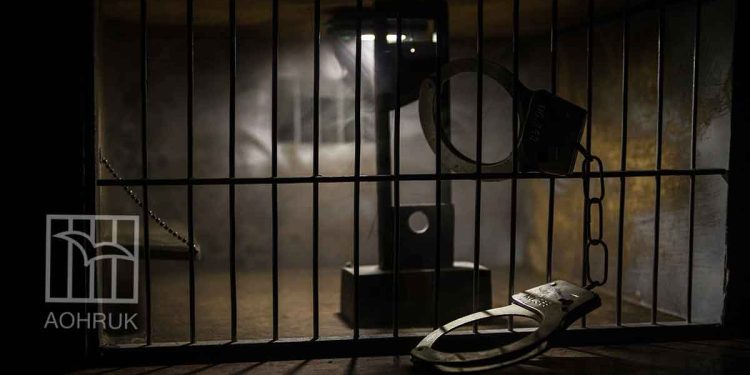Hundreds of political prisoners and prisoners of conscience are taking part in a mass hunger strike in Egyptian prisons today in protest of ongoing abuses of their human rights and worsening detention conditions.
The strike brings to light the appalling conditions in Egyptian prisons, which have long been criticised both domestically and internationally for failing to meet basic human rights and human standards.
Political prisoners frequently use hunger strikes as a nonviolent form of protest to voice their opposition to persistent abuses occurring within prisons, such as mistreatment, medical neglect, extreme cell overcrowding, and the denial of family visits.
Prison officials are also charged with denying inmates access to essential medical care and nutritious food, among other fundamental rights, which has resulted in several inmate deaths in recent years.
This strike is a reflection of the hopelessness that detainees feel when there is no chance of bettering their conditions in custody or getting justice in court.
In addition to the chronic problems in Egyptian prisons, such as overcrowding and inadequate healthcare, the authorities’ use of arbitrary detention to silence opponents has led to numerous strikes by inmates, which have only received a limited response from prison administrations.
One of the most common infractions that inmates face is medical negligence, which occurs when patients are neglected or receive care after the fact, which can occasionally result in fatalities or major complications.
In addition to relieving international pressure, this strike puts the Egyptian government in a historical position to review its security and reform policies in order to preserve long-term stability and the country’s fabric.
Given these events, it is still unclear whether the detainees’ hunger strike will continue as a way for them to protest injustice and violations or if the authorities will heed their demands and put an end to their suffering.






























